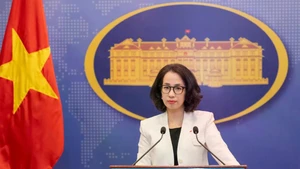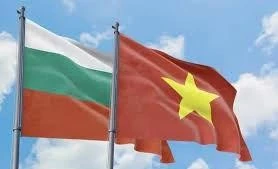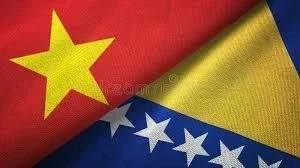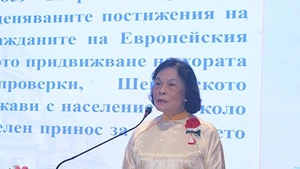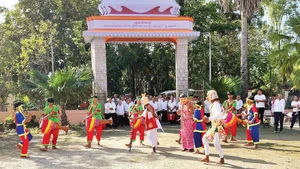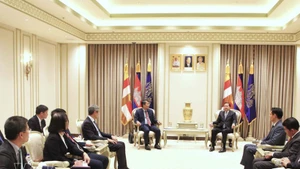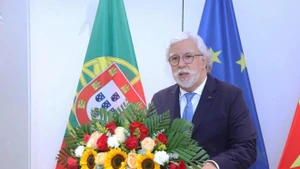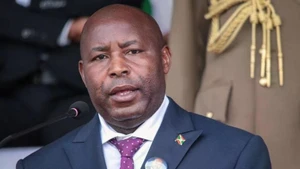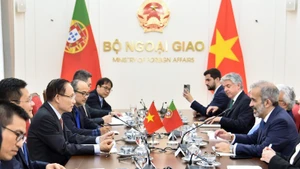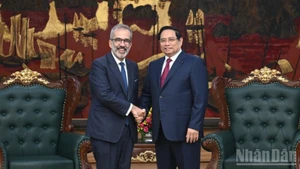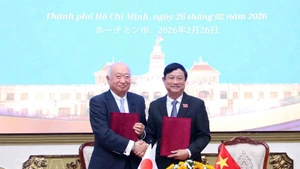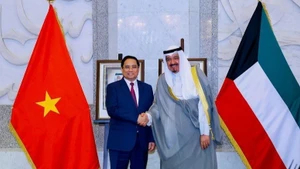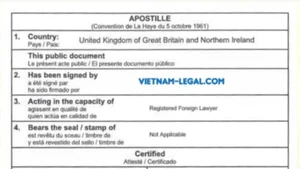The meeting was attended by Executive Director of UNICEF Catherine Russell, Director-General of the International Committee of the Red Cross (ICRC) Robert Mardini, UN High Commissioner for Refugees (UNHCR) Filippo Grandi, and representatives from nearly 50 countries.
Speaking at the event, Counsellor Le Thi Minh Thoa, Deputy Permanent Representative of Vietnam to the UN, said that in the context of the current complicated conflicts in the world, it is more important than ever to promote the observance of the principles and obligations of the parties amid conflict.
Accordingly, the parties engaging in the conflict should have primary responsibility for the protection of civilians as well as the infrastructure providing essential services in the territory or area under their control.
The UN Security Council should take a stronger role against attacks targeting civilians and take the necessary measures to prevent such violations, she said.
She underlined that the UN, international and regional organisations also need to strengthen cooperation and coordination in supporting awareness raising, capacity building, humanitarian and technical assistance to promote the implementation of humanitarian law in countries.
Participants shared concerns about the serious consequences of infrastructure destruction that disrupts access to basic services providing clean water during armed conflict, as well as the negative and long-term effects of this problem on the environment and people's lives.
Many countries and international organisations highly valued the council’s Resolution 2573 (2021) initiated by Vietnam on the protection of essential infrastructure for people's lives, while calling for the strengthening of the implementation of obligations under international humanitarian law, and emphasising the need for a deeper involvement of the council in this regard.


